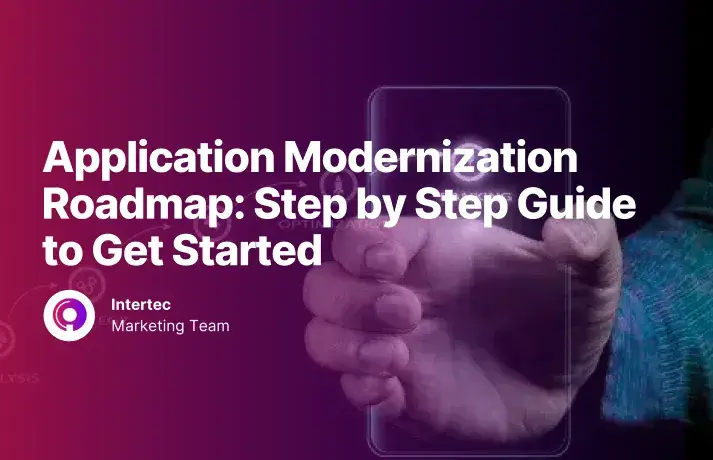The Need for Conversational AI in Business Intelligence
Conversational AI in Business Intelligence can be acknowledged to be a key to success. Industries prioritizing e-commerce or customer service tend to utilize conversational AI for a better business management experience as a whole. The need for conversational AI in Business Intelligence allows businesses to have the upper hand in a vast range of tasks albeit minuscule or large.
For instance, adapting conversational AI as a business strategy allows the introduction to Business Intelligence tools to be more user-friendly, especially for non-technical users. The interaction with data becomes more accessible without the need for technical expertise as natural language would suffice such as by means of text or voice. Users are able to easily grasp data structures and access databases in real-time, to the extent that they are able to interact with Business Intelligence systems hands-free. This speeds up the process in terms of multitasking which streamlines the work process naturally even amongst teams of different departments.
For instance, as Business Intelligence tools are now accessible for users despite having little to no technical expertise, teams across different departments can easily access the database independently without the need for reliance on technical experts. Such accessibility demonstrates that conversational AI in Business Intelligence allows the element of scalability due to the scales of data that are needed across different departments. Despite handling great volumes of data, the setup remains minimal and user-friendly.
Key Benefits of Conversational AI in Business Intelligence
Taking into consideration the characteristics as well the purpose of conversational AI, the integration of the model in Business Intelligence evidently gives businesses the competitive advantage in several aspects. First and foremost, its element of simplicity allows users of all technical expertise to grasp its operation and function. As businesses go by the motto that time is money, not only does this automates data retrieval and analysis, it also promotes a more streamlined workflow in the most productive manner. Time could be spent on other tasks without the need to be focused on data analysis or reports which could be generated by conversational AI in real-time.
On the same note, conversational AI in Business Intelligence offers the luxury of convenience as users are able to interact with the tools hands-free. Such convenience suits users who are consistently on the go whereby they are able to resolve requests or queries at hand in the most efficient manner. This strategically saves the costs for businesses by means of making more informed and enhanced business decisions on market trends or internal obstacles as the generated queries by conversational AI offer personal insights pursuant to past queries or preferences.
As conversational AI in Business Intelligence is able to manage large scales of databases, it instinctively fosters a better collaboration between teams by means of shared insights for the betterment of the business as a whole.
Industry Applications of Conversational AI in Business Intelligence
The agility of conversational AI in Business Intelligence can be seen through the integration of its system with a wide range of industrial sectors globally. One of the industries is retail whereby the benefit provided by conversational AI to manage large scales of data is optimized in the form of managing inventory and supply chains. As the tool intelligently picks up data over time, it is able to provide accurate internal insights as to customer behaviours in terms of retail, allowing businesses to tailor a better customer experience based on real-time data analysis. The retail industry is also able to improve its customers’ experiences by way of having AI-powered chatbots or virtual assistants that are on the clock 24/7 to address its customers’ needs. This could be in the form of frequently asked questions, complaints and much more. This leaves room for manual labour to be better allocated for other tasks.
As conversational AI is able to identify consumer behaviour from their recently viewed items on the online storefront, it is able to act as a shopping assistant that can assist with product recommendations tailored to their preferences.
Another example of an industry that optimizes conversational AI would be healthcare providers. With the aid of the AI-powered tool, healthcare providers are able to manage as well as retrieve a large scale of patient health histories and data efficiently.
As an overview, patient care is thus better improved as healthcare providers are able to retrieve confidential and specific information within seconds, especially in times of emergencies. Patient care can also be enhanced by conversational AI through the use of chatbots or virtual health assistance for a wide spectrum of requests such as mental health support, general enquiries or even assistance with billings. For healthcare providers that have adapted telemedicine, they are able to further use conversational AI to remotely track a patient’s health progress as well as distribute reminders for medication or appointment schedules.










